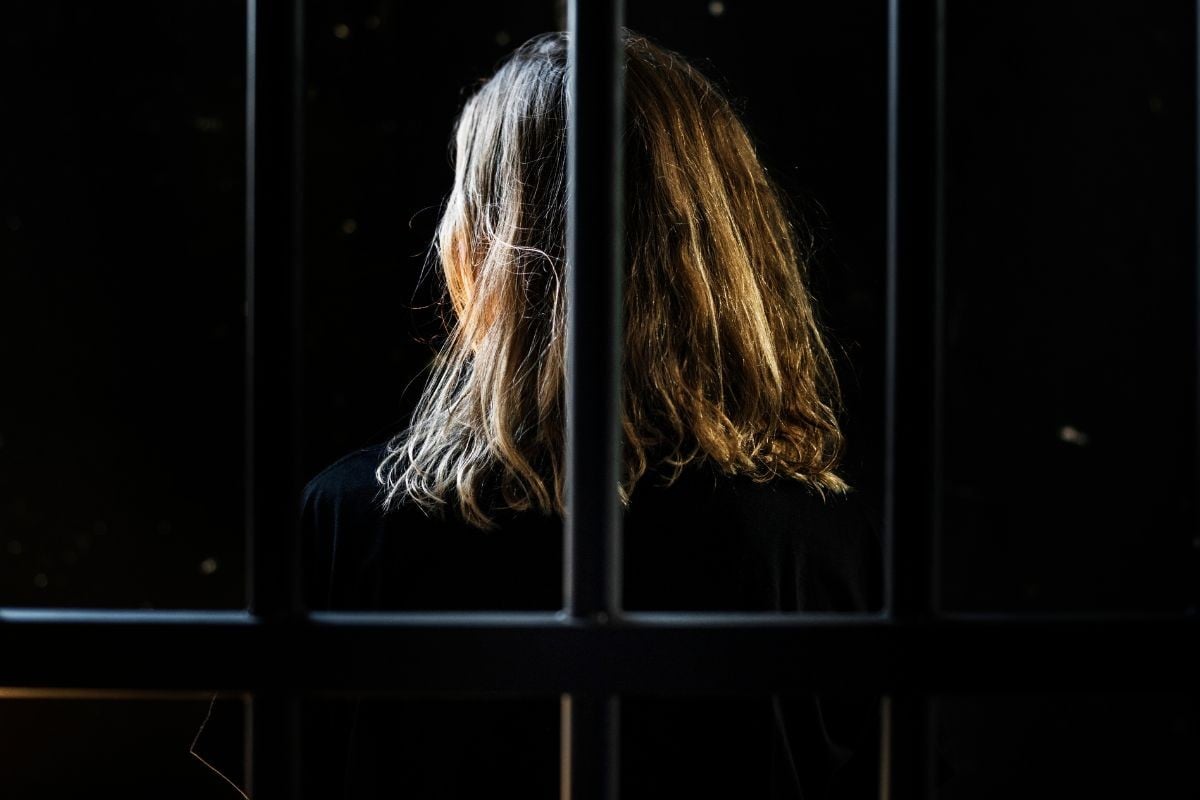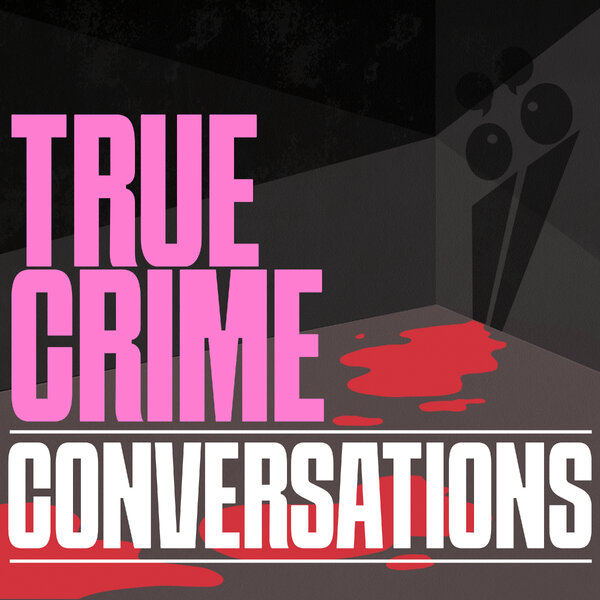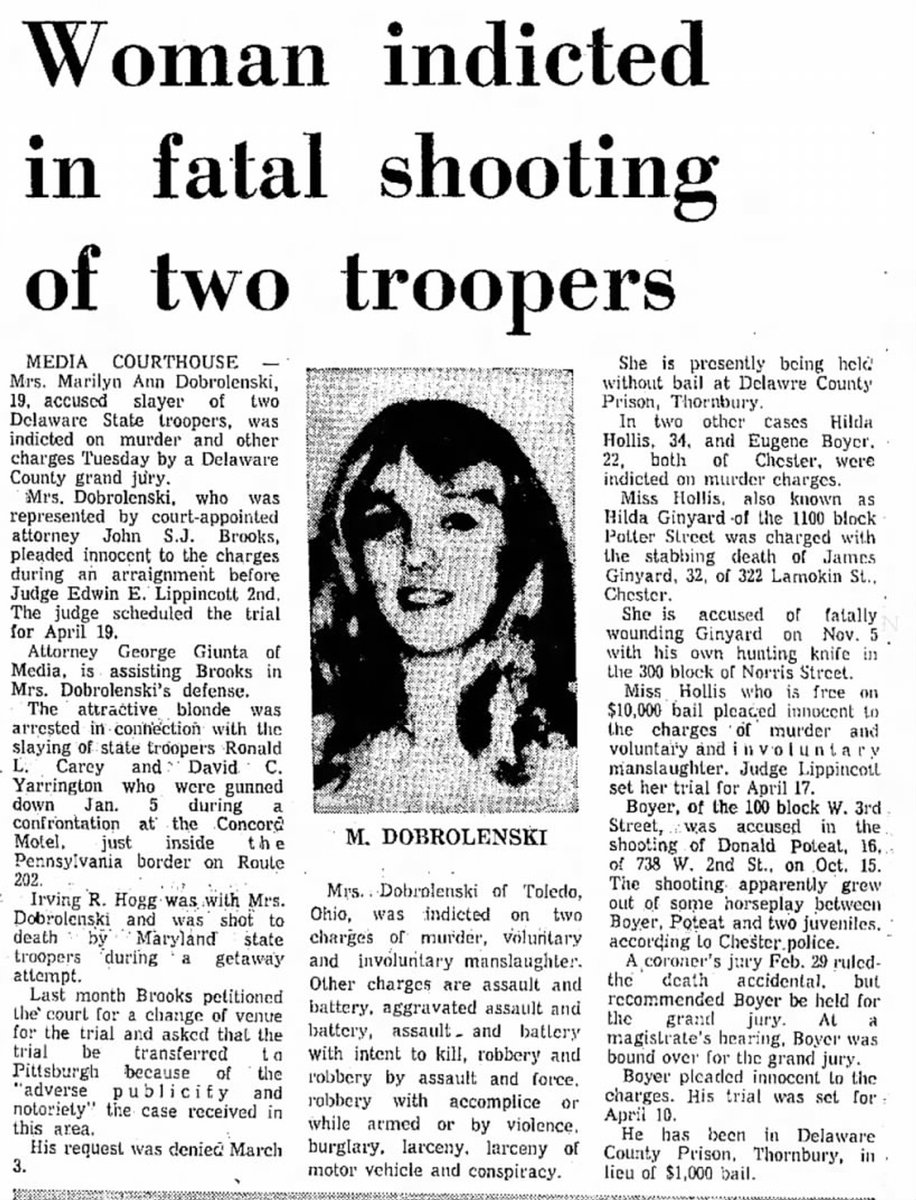
Twenty years ago, when criminologist Dr Kathryn M. Whiteley decided to focus her research on female murderers, she was scoffed at.
"Why bother putting so much time and effort into such a small cohort of the criminal population?" she was asked.
"What can we gain? What can we learn?" she was pressed.
Female killers are rare, after all. They account for only 10 per cent of total homicides across Australia, Canada, England and the US.
Watch: Kathryn spends a lot of time with female killers. Post continues below.
But Dr Whitelely was adamant.
She travelled from her native Queensland to the notorious Dame Phyllis Frost Centre in Victoria — a maximum security prison for women — as it was the only Australian facility that would allow her access.
Once there, she realised she had her work cut out for her.
"I kept getting reminded by the women, 'If you want to know about or why I committed the crime, you really need to understand who we are,'" she recalled to Mamamia's True Crime Conversations.
"So it really was a changing moment for me, because I went from my research agenda of wanting to talk to women about their criminality, to wanting to get to know them."






























































































